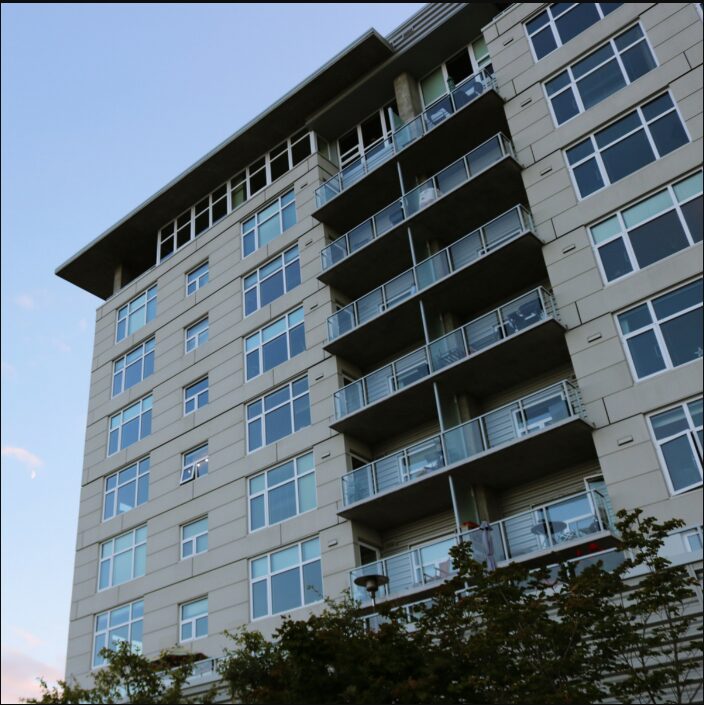Finding a place to live after filing for bankruptcy can be challenging, Do Apartments Accept Bankruptcies?
Many landlords are reluctant to rent to people with poor credit history, especially if they have a bankruptcy on their record.
However, this does not mean that you have to give up on your dream of renting an apartment.
There are ways to improve your chances of finding a landlord who is willing to accept your application, even if you have a bankruptcy in your past.
In this article, we will explore some of the strategies and tips that can help you find apartments that accept bankruptcies.
We will also explain how bankruptcy affects your credit score, your rental rights, and what to expect from the rental process.
By following these steps, you can increase your chances of finding a suitable and affordable apartment that meets your needs.
An infographic of Renting After Bankruptcy: Strategies & InsightsHow to rent an apartment after bankruptcy
Securing an apartment lease post-bankruptcy might pose challenges, but it’s feasible with the right approach. Here are strategies to aid your apartment hunt:
- Transparency is key. Openly discuss your bankruptcy with potential landlords, outlining steps taken to stabilize your finances. Provide evidence such as income proofs and bank statements to showcase your ability to meet rental obligations.
- Opt for rentals managed by individual property owners rather than large corporations. They tend to offer more flexible terms and may be open to negotiation. Seek out properties that don’t mandate credit checks or adhere to a ‘no credit check’ policy.
- Consider offering a larger security deposit or prepaying several months’ rent upfront. This demonstrates your commitment and seriousness about the lease, instilling confidence in the landlord regarding rent payment reliability.
- Secure a co-signer with a favorable credit history who is willing to vouch for you. Ensure a clear agreement and strive not to disappoint them by defaulting on rent payments.
- Work on rebuilding your credit score and rental track record. Maintain timely bill payments, avoid accruing new debts, and rectify any inaccuracies in your credit report. Positive references or recommendation letters from previous landlords can also bolster your application.
- Stay persistent and patient throughout your apartment search journey. Anticipate some setbacks and potential higher rental costs but remain resilient. Leverage online platforms and applications for efficient rental searches, price comparisons, and streamlined application processes.
By adhering to these guidelines, your prospects of securing an apartment lease after bankruptcy can significantly improve.
Remember, bankruptcy doesn’t signify the end; with perseverance, you can find a place to call home.
Apartments that accept discharged bankruptcies
Looking for apartments open to individuals with discharged bankruptcies? It’s not always easy, but there are ways to navigate this process. Here’s how:
- Target Private Landlords: Private landlords often offer more flexibility and may be open to tenants with past bankruptcies. Look for rentals without stringent credit checks or those with a ‘no credit check’ policy.
- Be Honest and Transparent: When approaching landlords, honesty is key. Explain your bankruptcy and highlight steps taken to stabilize your finances. Providing proof of income and financial stability can bolster your case.
- Offer a Larger Security Deposit: To instill confidence, consider offering a larger security deposit or prepaying rent for a few months. This shows your commitment to meeting your rental obligations.
- Consider a Co-Signer: A co-signer with a solid credit history can reassure landlords. Ensure clear terms and responsibilities are outlined to avoid misunderstandings.
- Work on Credit Repair: Take proactive steps to improve your credit score and rental history. Timely bill payments and disputing credit report errors can help. Positive references from past landlords can also make a difference.
By following these tips, you can enhance your chances of finding apartments willing to rent to individuals with discharged bankruptcies.
Remember, perseverance and honesty are key in this process.
